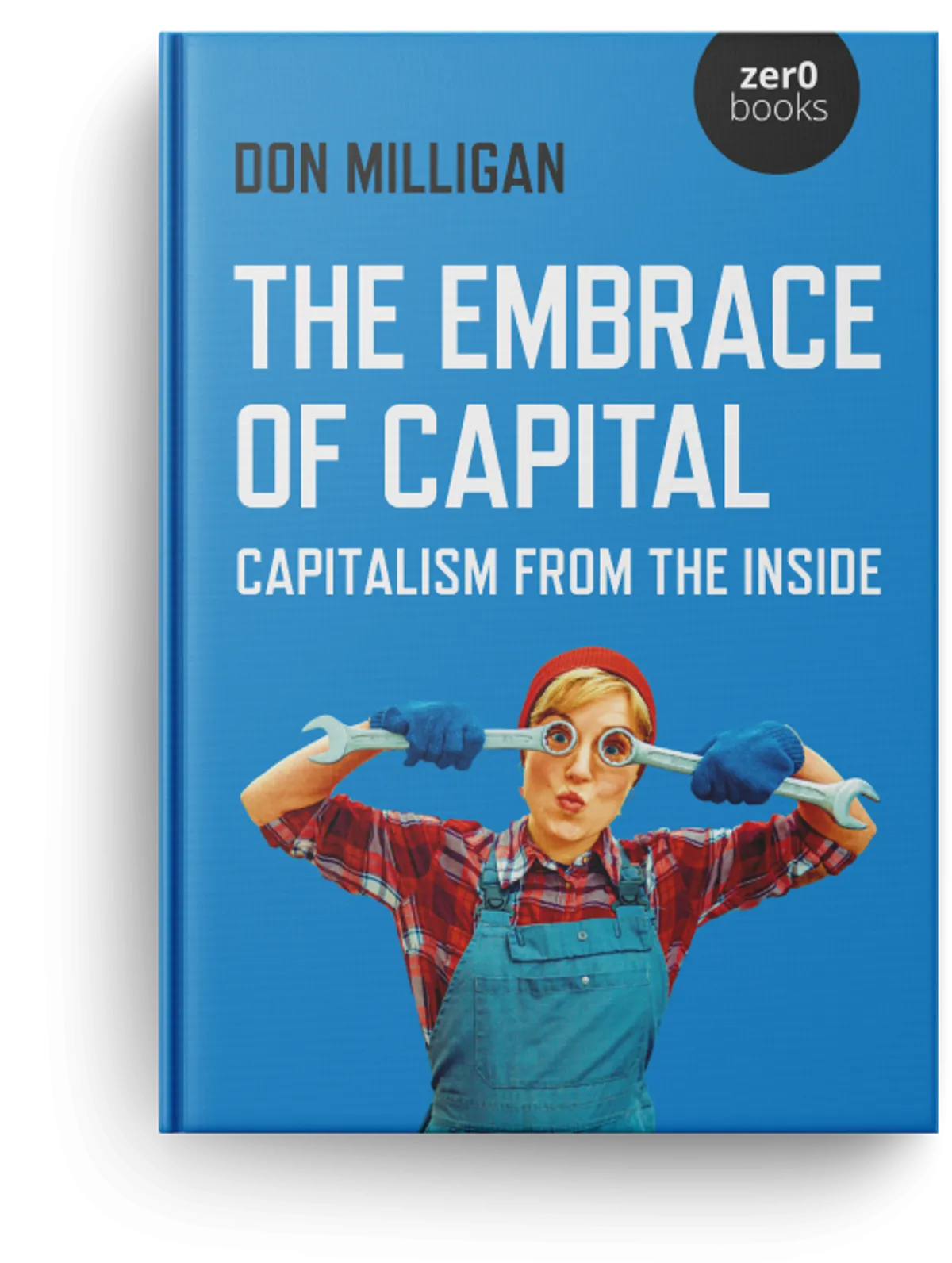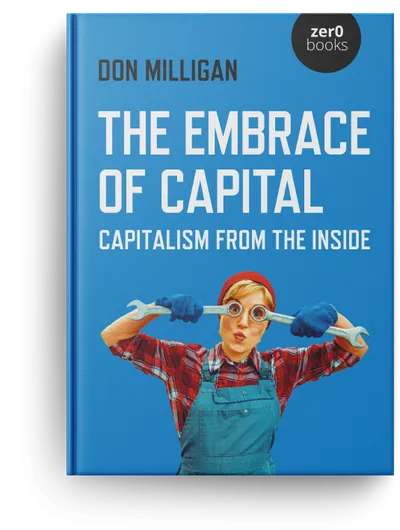By using this website, you agree to our Privacy Policy
×CAPITALISM
Revolution and the difficulty of overthrowing capitalism


Revolutionary Socialism is an emancipatory project, and in order to succeed, it must find positive means of realization and expression, as a precondition to its assumption of state power. For revolutions to succeed be they violent or peaceful, swift or protracted, they must be expressions of social forms that are already emergent or present within a society.
Consequently, the outstanding problem for socialists regarding revolution is by what means should they attempt to influence the trajectory of social development? Does this simply involve supporting and stimulating every positive expression of social dissatisfaction so that we might ride the crest of the revolutionary wave towards the shore of a new society, or does it mean considering what ways exist, here, within the bowels of the old society, to contribute towards the elaboration of institutions, of modes of thought, of re-forms, which might enable a revolutionary seizure of power to ‘cut with the grain’ of social development, to realize socialism in much the same way that landowners and merchants in England at the end of the seventeenth century made commercial society seem not merely reasonable and just, but necessary for the progress of all mankind.
This does not mean revisiting what Karl Marx called feudal socialism1, or the utopian schemes of those who, in the nineteenth century, thought that capitalism could be eclipsed by model communities established to demonstrate, in practice, that socialism was both preferable and possible.2
1 In The Communist Manifesto, §III, Marx and Engels in a discussion of ‘Communist Literature’ review the various ways in which privileged social groups threatened by the emergence of capitalism sought to express support for the emergent working class in their struggle against the rise of capitalist modernity. Karl Marx and Frederick Engels, The Communist Manifesto, 1848, from the translation published in 1888, London: Verso, 1998, §III, pp.62-75.
2 See Friedrich Engels, Socialism: Utopian and Scientific, 1880, Moscow: Progress Publishers, 1970; The Communist Manifesto, pp.72-75; Robert Owen’s ‘New View of Society’, 1813, and ‘Report to the County of Lanark’, 1821, in Robert Owen: A New View of Society and other writings, Introduced and edited by G. D. H. Cole, London: Dent, 1966, pp.14-90, 245-298.


Pre-order today
“Genuinely thought provoking and provocative. A much-needed takedown of what Orwell once called the ‘smelly little orthodoxies’ of the left, and why they are so distant and alienated from the working class they claim to fight for.” - Ralph Leonard
PRE-ORDER on AMAZON


